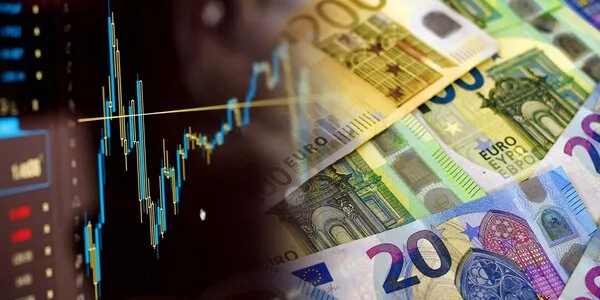
Weekly Update - Energy price inflation: what it's costing the Euro area
The surge in energy prices is being felt across all Euro area economies
Since the start of 2021, oil and gas prices in euros have jumped by 80% and 280%, respectively. The rises are being driven by simultaneous pressures on energy's global demand and supply. These pressures are exogenous to the Euro area economies but have started to negatively affect the activity. World demand for oil, which is heavily US-driven, took off in the post-Covid recovery. Demand for natural gas is supported in part by unfavourable weather conditions: in several countries the weather depressed renewable energy output forcing them to fall back on gas. Meanwhile, on the supply side, OPEC+ has modestly increased its oil production. In the United States, the weak recovery of oil shale production has also helped drive prices higher. And in Europe's gas market, supply was down from both Norway and Russia, for either technical or geopolitical reasons.
Energy prices undermine the balance of trade and are the main cause of inflation
As an exogenous phenomenon, oil and gas price rises have pushed up the costs of imports to the Euro area. So much so that the region's balance of trade has plunged into the red for the first time since 2014. Aside from this, energy prices are also the mainspring of the zone’s rising inflation. The energy component of the consumer price index rose by 27% in 2021. In December, energy prices accounted for more than half of the Euro area’s inflation, compared with a quarter in the United States. Being an exogenous shock, these price rises play out like a tax, eroding the buying power of households, particularly the poorest.
At this stage, monetary policy is clearly no solution
The significance of energy in the recent inflationary surge highlights very different situations in the Euro area and United States. Across the Atlantic, inflation is also being fuelled by endogenous factors, particularly in its goods component. In the Euro area, the economy has bounced back strongly but is still running below its pre-Covid trend and has been hit by disruptions linked to Omicron. As it stands, companies have less space to pass rising input costs on to selling prices. What is more, wage pressures are for now virtually non-existent. In these circumstances, it can be premature for the European Central Bank to tighten monetary conditions, as the current inflation rise is overwhelmingly exogenous.
Conclusion
The rise in energy prices explains most of the rise in Euro area inflation and is acting as a brake on economic recovery. A toughening of the ECB's monetary policy would only act as a further brake while doing nothing to reduce the exogenous pressures on energy markets today. It therefore seems premature to expect ECB rate hikes. Which means we may see a gap opening up with Fed policy.





